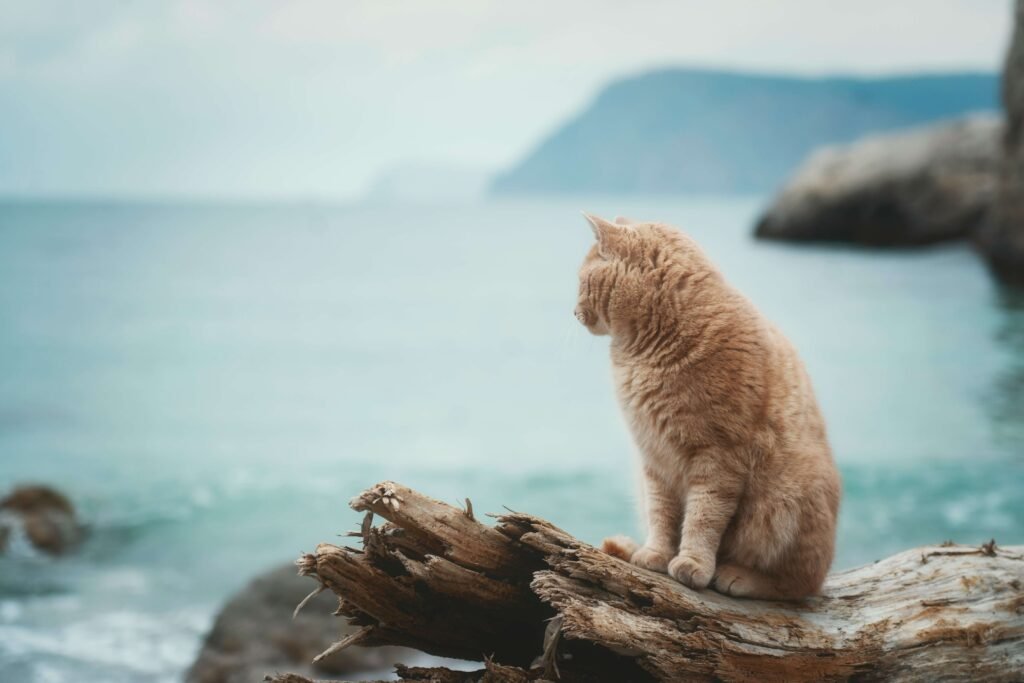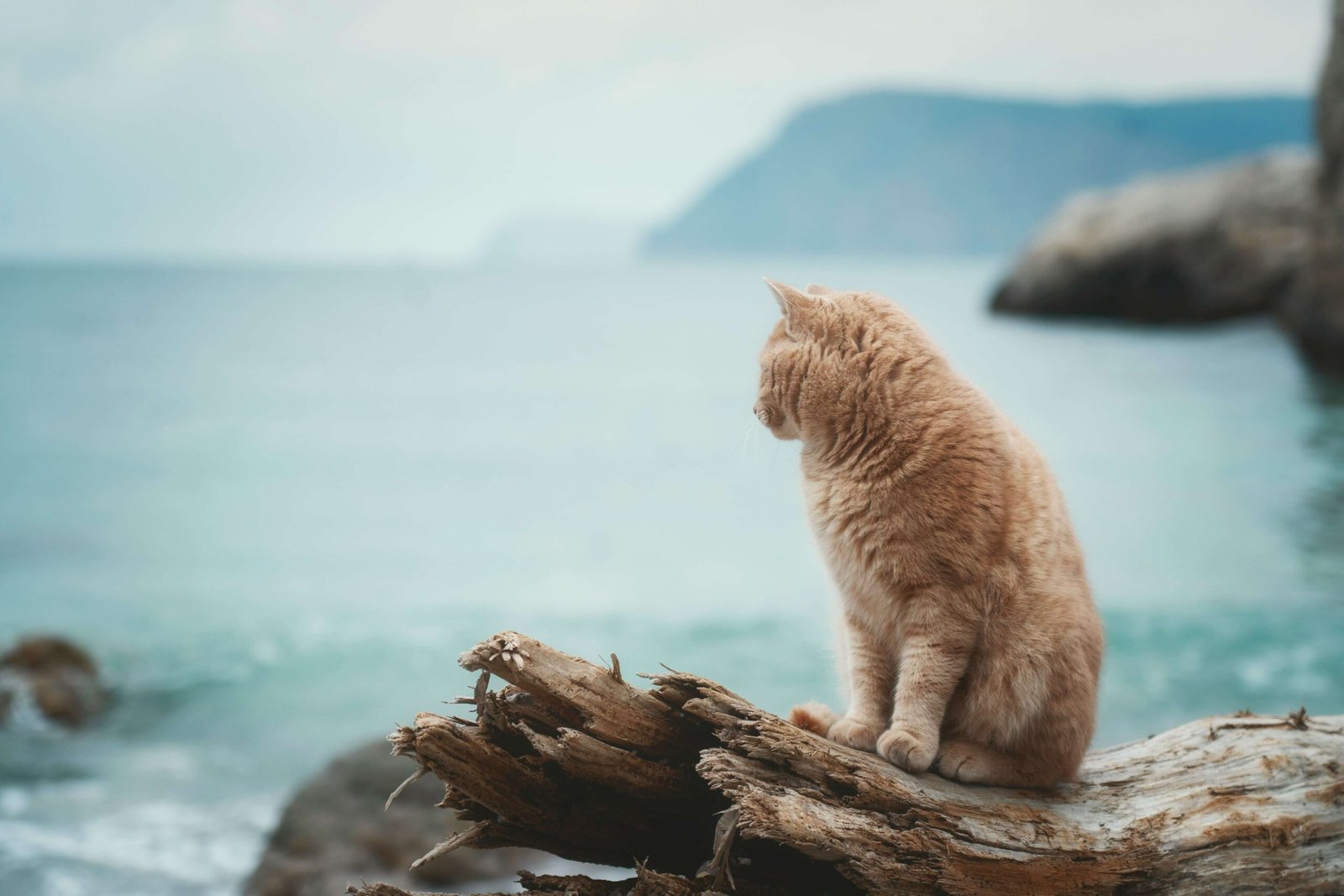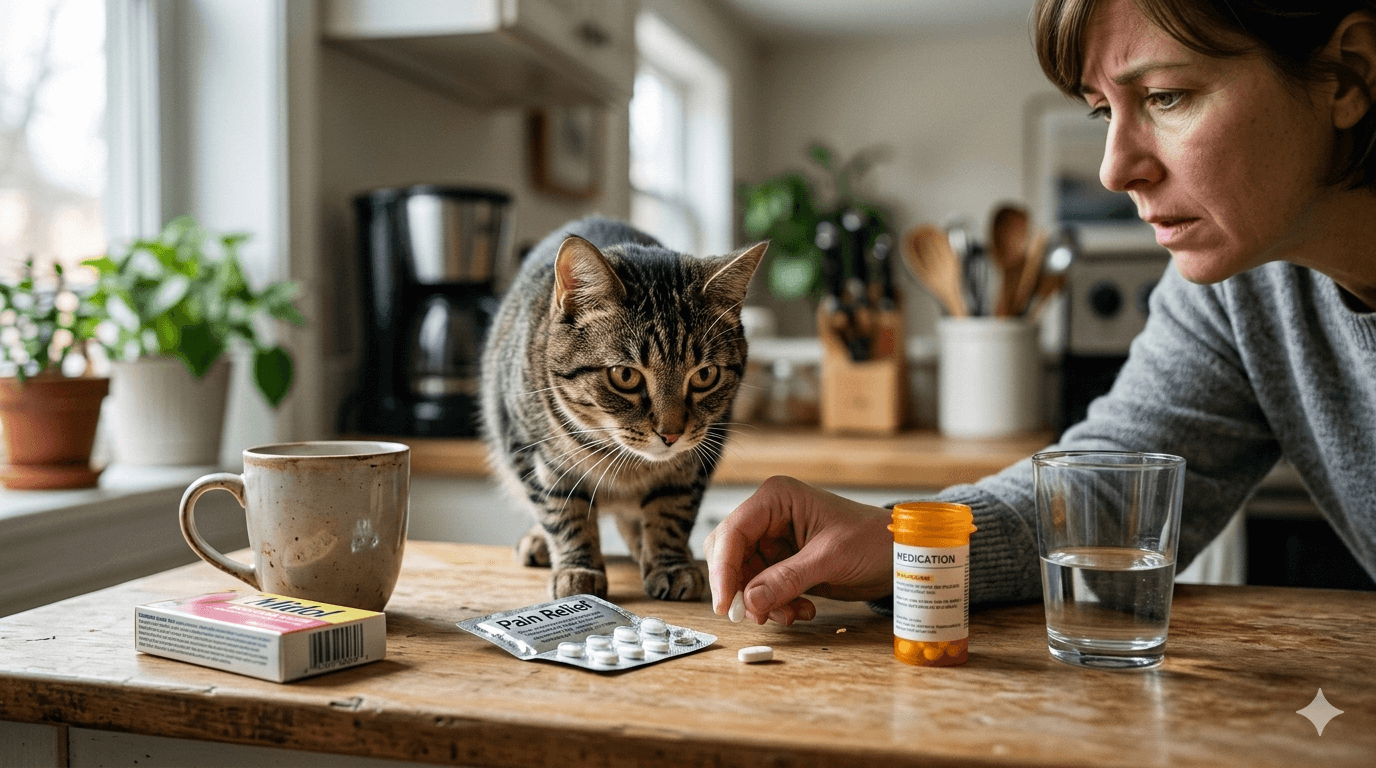DIY Cat Litter Box: Create a Stylish and Functional Solution for Your Feline Friend
Cats are wonderful companions, but their litter box needs can sometimes clash with our desire for a tidy and stylish home. A DIY cat litter box offers the perfect solution, combining functionality with creativity to meet your cat’s needs while enhancing your living space. Whether you’re looking to hide the litter box, make it more accessible, or simply add a personal touch, building your own litter box enclosure can be a fun and rewarding project. In this blog post, we’ll guide you through everything you need to know about creating a DIY cat litter box, from choosing materials to designing a setup that works for both you and your furry friend.
Why Choose a DIY Cat Litter Box?
A DIY cat litter box isn’t just about aesthetics—it’s about solving practical problems while giving you full control over the design. Here are some compelling reasons to consider building your own:
Customization Options
You can tailor the size, shape, and style of the litter box to fit your cat’s preferences and your home decor.Cost-Effective Solution
Building your own litter box enclosure can save money compared to purchasing expensive pre-made options.Improved Odor Control
A well-designed DIY litter box can include features like ventilation or hidden storage to minimize unpleasant smells.Space Optimization
By integrating the litter box into furniture or tight spaces, you can free up valuable room in your home.Enhanced Privacy for Your Cat
Cats value privacy when using the litter box, and a DIY enclosure can provide a quiet, secluded spot.
With these benefits in mind, it’s clear why a DIY cat litter box is an excellent choice for pet owners who want both form and function.
Materials You’ll Need for Your DIY Cat Litter Box
Before starting your project, gather all the necessary materials to ensure a smooth building process. The exact supplies will depend on your design, but here’s a general list to get you started:
Wooden Boards or Plywood
Choose sturdy, non-toxic wood that can withstand scratching and cleaning.Screws and Nails
Use heavy-duty screws and nails to assemble the structure securely.Hinges and Handles
If you’re building an enclosure with doors, hinges and handles are essential for easy access.Paint or Stain
Opt for pet-safe paint or stain to match your home decor while ensuring safety for your cat.Ventilation Tools
Add small vents or gaps to allow airflow and reduce odor buildup inside the enclosure.
With these materials on hand, you’ll be well-prepared to create a functional and attractive DIY cat litter box that meets your needs.
Check this guide 👉How to Change Cat Litter: Best 7 Expert Tips!
Check this guide 👉Types of Cat Litter: Best 7 Expert Tips!
Check this guide 👉Top 3 Best Cat Litter Deodorizers for a Fresh Home!

Essential Tools | Optional Accessories |
|---|---|
Drill | Decorative trim |
Saw (hand saw or circular) | Air freshener or odor neutralizer |
Measuring tape | LED strip lights |
Screwdriver | Washable liners or mats |
Sandpaper | Fake plants for decoration |
Step-by-Step Guide to Building Your DIY Cat Litter Box
Creating a DIY cat litter box is easier than you might think. Follow these steps to build a safe and stylish solution for your feline friend:
Plan Your Design
Sketch a simple blueprint of your litter box enclosure, considering dimensions and placement.Cut and Assemble the Frame
Measure and cut the wood to size, then assemble the frame using screws and nails for stability.Add Ventilation
Drill small holes or gaps in the sides of the enclosure to ensure proper airflow.Install Doors or Openings
Attach hinges and handles to create doors for easy cleaning and maintenance.Finish with Paint or Stain
Apply pet-safe paint or stain to the exterior for a polished look that matches your decor.
By following these steps, you’ll create a functional and visually appealing DIY cat litter box that keeps your home clean and your cat happy.
Tips for Maintaining Your DIY Cat Litter Box
Once your DIY cat litter box is built, regular maintenance is key to keeping it clean and functional. Here are some tips to ensure it stays in top condition:
Clean Daily
Remove waste and clumps daily to prevent odors and maintain hygiene.Wash the Interior Weekly
Use mild soap and water to clean the interior surfaces and keep them fresh.Check for Scratches or Damage
Inspect the wood regularly for signs of wear and repair any issues promptly.Replace Liners or Mats as Needed
If you’re using liners or mats, replace them frequently to avoid bacteria buildup.Monitor Your Cat’s Behavior
Watch for changes in your cat’s litter box habits, as they may indicate health or comfort issues.
Proper maintenance ensures your DIY cat litter box remains a practical and hygienic solution for years to come.
Creative Design Ideas for Your DIY Cat Litter Box
When it comes to designing your DIY cat litter box, creativity can make all the difference. A well-thought-out design not only hides the litter box but also enhances your home’s aesthetic. Here are some creative ideas to inspire you:
Furniture Integration
Incorporate the litter box into a piece of furniture, like a side table or cabinet, to keep it discreet and functional.Hidden Corners
Place the enclosure in an unused corner and add decorative elements like curtains or plants to blend it into the room.Multi-Level Setup
Design a multi-level structure with steps or shelves to create a unique space-saving solution.Rustic Wooden Look
Use reclaimed wood and natural finishes for a rustic, eco-friendly design that complements farmhouse decor.Modern Minimalist Style
Opt for sleek lines, neutral colors, and simple materials to match contemporary interiors.
With these creative ideas, you can transform a basic litter box into a stylish and functional addition to your home.
Common Mistakes to Avoid When Building a DIY Cat Litter Box
While DIY projects can be fun, there are some common mistakes to avoid when building a cat litter box. These pitfalls can affect functionality and safety, so it’s important to plan carefully. Here’s what to watch out for:
Insufficient Ventilation
Skipping proper airflow can lead to unpleasant odors and discomfort for your cat.Using Toxic Materials
Avoid paints, stains, or adhesives that contain harmful chemicals, as they can pose health risks.Poor Accessibility
Designing doors or openings that are too small may discourage your cat from using the box.Ignoring Cleaning Convenience
Failing to include removable parts or easy access for cleaning can make maintenance a hassle.Overlooking Your Cat’s Preferences
Not considering your cat’s habits or preferences may result in a litter box they refuse to use.
By avoiding these mistakes, you’ll ensure your DIY cat litter box is safe, functional, and appealing to your feline friend.
Fun Add-Ons to Enhance Your DIY Cat Litter Box
To take your DIY cat litter box to the next level, consider adding fun accessories that cater to your cat’s needs and personality. These extras can make the experience more enjoyable for both you and your pet. Here are some ideas to try:
Built-In Scratching Pads
Attach sisal pads or scratching posts near the litter box to encourage healthy scratching habits.Interactive Toys
Add dangling toys or tunnels around the enclosure to entertain your cat before or after use.Automatic Lighting
Install motion-sensor LED lights to illuminate the area when your cat approaches.Soundproofing Panels
Use sound-absorbing materials to reduce noise if your cat tends to dig or scratch loudly.Cat-Friendly Plants
Surround the enclosure with non-toxic plants like spider plants or cat grass to freshen the air and decorate the space.
These fun add-ons will not only enhance your DIY project but also provide your cat with a more enriching and comfortable environment.
Frequently Asked Questions About DIY Cat Litter Boxes
How big should the litter box be?
The box should be at least 1.5 times the length of your cat to allow comfortable movement.
Can I use recycled materials?
Yes, but ensure they’re clean, sturdy, and non-toxic to keep your cat safe.
How do I reduce odors naturally?
Use baking soda, activated charcoal, or air-purifying plants near the enclosure.
What if my cat doesn’t like the new box?
Gradually introduce the new setup and place it in a familiar location to ease the transition.
Is it safe to paint the enclosure?
Yes, as long as you use pet-safe, non-toxic paint that won’t harm your cat.
Final Thoughts: Elevate Your Home with a DIY Cat Litter Box
A DIY cat litter box is more than just a functional necessity—it’s an opportunity to blend practicality with creativity. By building your own enclosure, you can create a solution that fits seamlessly into your home while catering to your cat’s needs. With careful planning, quality materials, and regular maintenance, your DIY project will not only keep your home tidy but also provide a comfortable and private space for your feline companion. So roll up your sleeves and get started—your cat (and your home) will thank you!
Can I Give My Cat Midol? Best 7 Expert Tips! – Learn the risks, symptoms, and safe alternatives to keep your cat healthy and avoid toxic reactions.
Can I Give My Dog Midol? Best 7 Expert Tips! – Discover the risks, safe alternatives, and expert advice to keep your dog safe from accidental poisoning.
Maximum Weight for Cats on Planes: Best 7 Expert Tips! – Learn airline policies, tips to stay compliant, and ensure safe travels for your feline friend.
Max Weight for Dogs on Planes: Best 7 Expert Tips! – Discover airline weight limits, safe travel tips, and solutions for flying with your dog stress-free.





